What you can do
Not all infectious diseases are spread in the same way, and some are more infectious than others. Here are simple actions you can take to reduce the risk of spreading a disease. As well as maintaining good general health, there are simple things you can do to stop the spread of infectious disease at home, at your sport club, school or in your workplace.
Immunize against infectious diseases
Immunisation is a way of preventing infectious diseases. Immunizations are offered to babies, children and adults to protect against serious and preventable diseases. It is important to ensure you are up to date with your immunizations. Check with your doctor or nurse practitioner to see if you have had all your immunizations.
Influenza – the flu
Influenza is a serious disease that can cause severe illness in some people – it is worse than a cold. Influenza spreads quickly from person to person through touch as well as through the air.
Some people are at greater risk of becoming seriously ill if they catch flu, including people aged 65 and over, with chronic conditions like heart disease, cancer, diabetes and serious asthma; pregnant women, and young children and adults with a history of serious respiratory illnesses.
Immunisation is your best defence against influenza. Influenza viruses change from year-to-year, so the seasonal influenza vaccine is made especially each year to cover the strains of the virus most likely to be circulating the following winter. Because of this, it is important to have an influenza vaccination each year – it is available from mid to late March until 31 December – but it is recommended before winter. (October and November)
Stop the spread of the flu
The signs and symptoms of flu can be similar to COVID-19. If you are unwell, call your doctor for advice about getting a COVID-19 test and whether you need to self-isolate. Stay at home until you are better.
Follow basic hygiene practices:
- Wash your hands regularly for at least 20 seconds and dry them for 20 seconds – or use an alcohol-based hand rub.
- Avoid touching your eyes, nose and mouth.
- Don’t share drinks.
- Avoid crowded places.
- Cover your mouth and nose with a tissue when you cough or sneeze – then put the tissue in a lined bin.
Stay at home if you’re sick
It’s important that if you’re unwell you stay at home to stop the spread of the infection to others.
Keep your distance (at least 1 metre away) from other members of your household to stop them from getting ill as well.
Cover coughs and sneezes
Some infectious diseases can be transferred in the air when an infected person coughs or sneezes. Examples include influenza, measles and chicken pox.
If you are unwell, avoid close contact with other people. Cover your coughs and sneezes to stop spreading the illness to other people.
- Cover your mouth and nose with a tissue when you cough or sneeze – then put the tissue in a bin.
- If you do not have a tissue, cough or sneeze into your elbow.
- Clean your hands after you cover a cough or sneeze.
Keep surfaces clean (household and sport clubs)
Some infectious diseases can be spread by touching a surface or object that has been contaminated by an infected person.
Regularly cleaning surfaces that are frequently touched will help reduce the spread of infections. Some examples of frequently used surfaces include sport equipment, tables, bench tops, door handles, light switches, sinks and taps.
Make sure there is a regular schedule to clean surfaces with hot soapy water or a recommended cleaning product.
Where possible, use disposable cloths or paper towels to clean surfaces. Reusable cloths should be disinfected and then dried after use, as bacteria and viruses can still survive on damp cloths.


